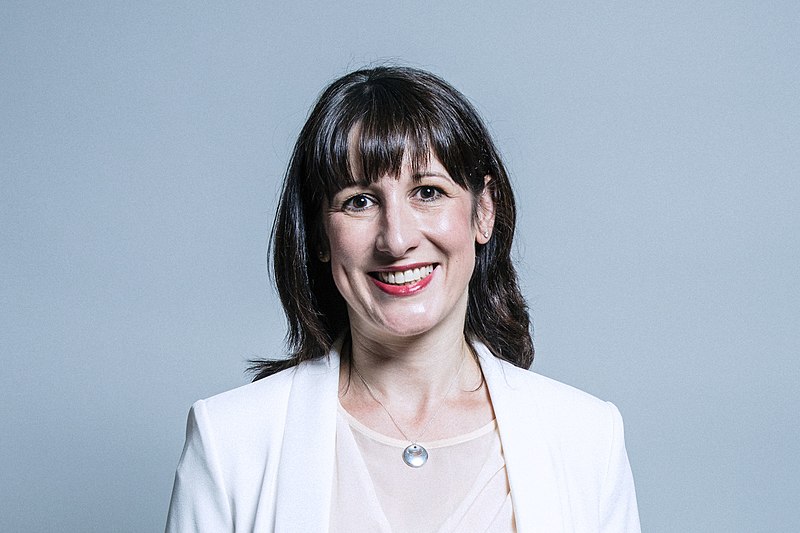
Rachel Reeves, a former junior chess champion, made history on Friday by becoming Britain's first female finance minister. Her initial challenge will be to stimulate
economic growth while maintaining the Labour Party's reputation for fiscal responsibility.
At 45, Reeves brings a wealth of experience as a former Bank of England economist. In opposition, she was tasked with repairing the strained relations with the business community caused by former Labour leader Jeremy Corbyn and convincing voters that the party could be trusted with financial stewardship.
Appointed as Labour's finance policy chief in 2021 during the early days of Prime Minister Keir Starmer's leadership, Reeves has become synonymous with his pragmatic approach, often clashing with left-wing factions within the party who prefer a more relaxed fiscal stance.
With Labour's decisive election victory confirmed on Friday morning, Reeves now faces the challenge of managing a complex fiscal landscape and quickly boosting growth to fulfill investment promises without raising taxes.
Reeves expressed her honor and sense of historic responsibility in being appointed Chancellor of the Exchequer, Britain's top economic and finance position. "We've waited a long time to have the chance to serve our country. We have a credible plan now to deliver the change the country needs. Growing our economy is at the heart of doing that," she said at the party's manifesto launch in Manchester.
The previous Conservative government left a challenging economic inheritance, with stagnant living standards since 2010, public debt near 100% of GDP, and taxes at their highest level since just after World War II. Aware of the accusations that previous Labour governments overspent, Reeves has committed to ensuring all spending commitments are fully funded. She has also established two "iron-clad" fiscal rules: not borrowing for day-to-day spending and ensuring that debt decreases as a share of the economy by the fifth year of any forecast.
However, Reeves has indicated that borrowing for investment is not off the table. She has outlined her vision, termed "securonomics," which draws inspiration from U.S. President Joe Biden's policies and advocates for increased investment in strategically important markets, similar to the "modern supply-side economics" promoted by U.S. Treasury Secretary Janet Yellen.
Reeves has capitalized on the political fallout from former Conservative Prime Minister Liz Truss's unfunded spending commitments, which caused turmoil in the UK bond market. In contrast, she has positioned Labour as the party of both business and fiscal prudence. She has also proposed giving the Office for Budget Responsibility additional powers, noting with amusement the enthusiastic applause this idea received at a party conference.
Reeves' career began at the Bank of England, where she turned down a job offer from Goldman Sachs to pursue public service. Her work on the Japan desk, analyzing an economy plagued by recession, low interest rates, and quantitative easing, later mirrored her observations of Britain in the 2010s. She also spent time at the British Embassy in Washington and at Halifax/Bank of Scotland (HBOS).
While her professional experience and economic perspective have won her favor with the business community, they have alienated some on the Labour Party's left. Elected as the lawmaker for Leeds West in 2010, Reeves held various finance and pension roles under then-leader Ed Miliband but was sidelined during Jeremy Corbyn's leadership. Despite this, she maintained a prominent role as chair of parliament's business committee before being appointed as finance chief by Starmer in 2021.
Reeves, born in 1979 in southeast London, credits her father and a primary school teacher for fostering her interest in chess, a skill that led her to become the British girls under-14 chess champion. She believes chess has prepared her well for a career in politics, teaching her to think strategically and anticipate her opponents' moves.
As she takes on her new role, Reeves faces both high expectations and significant challenges. Her ability to navigate these will shape the future of Labour's economic policies and the broader British economy. Photo by Chris McAndrew, Wikimedia commons.




































